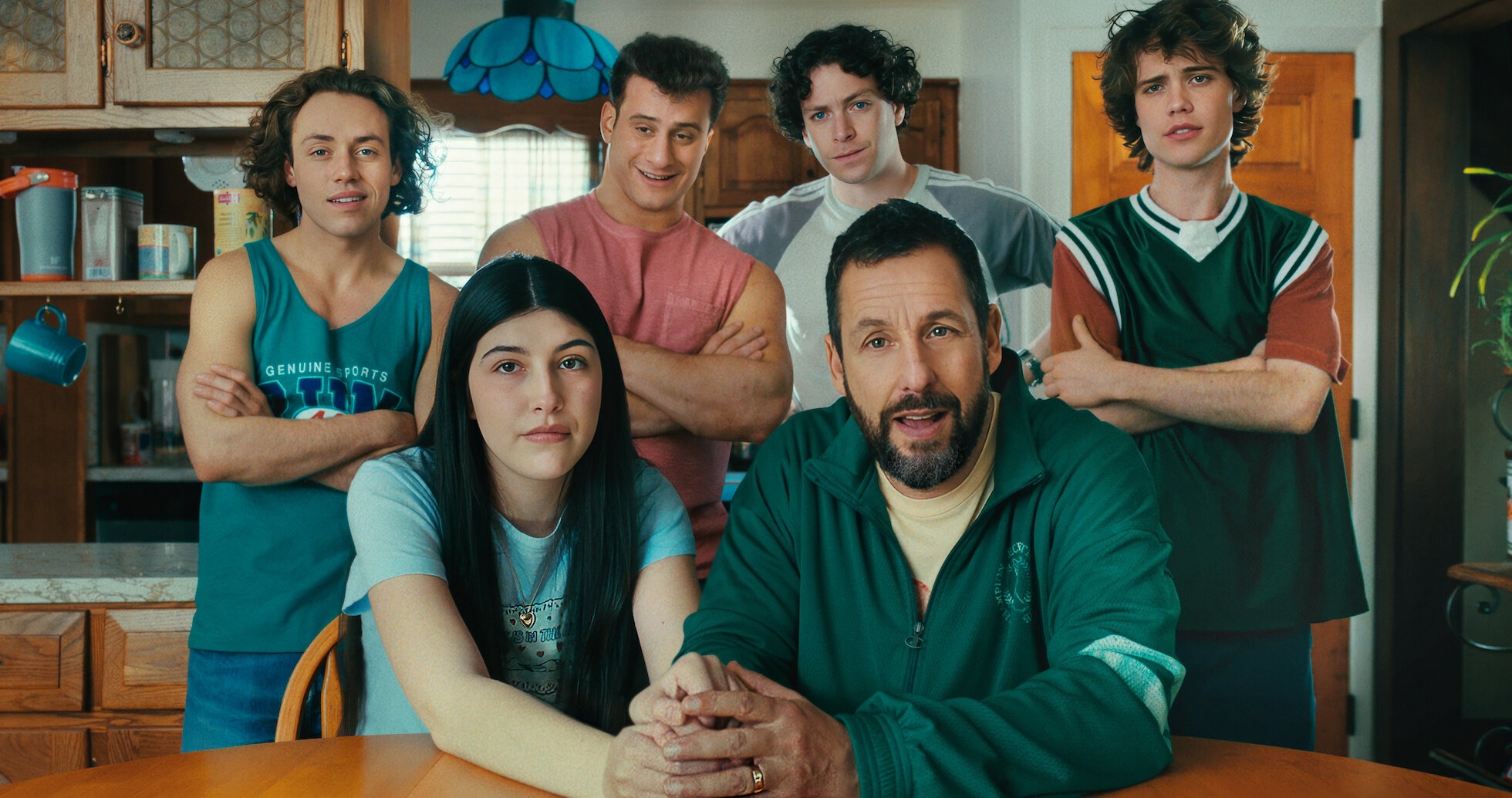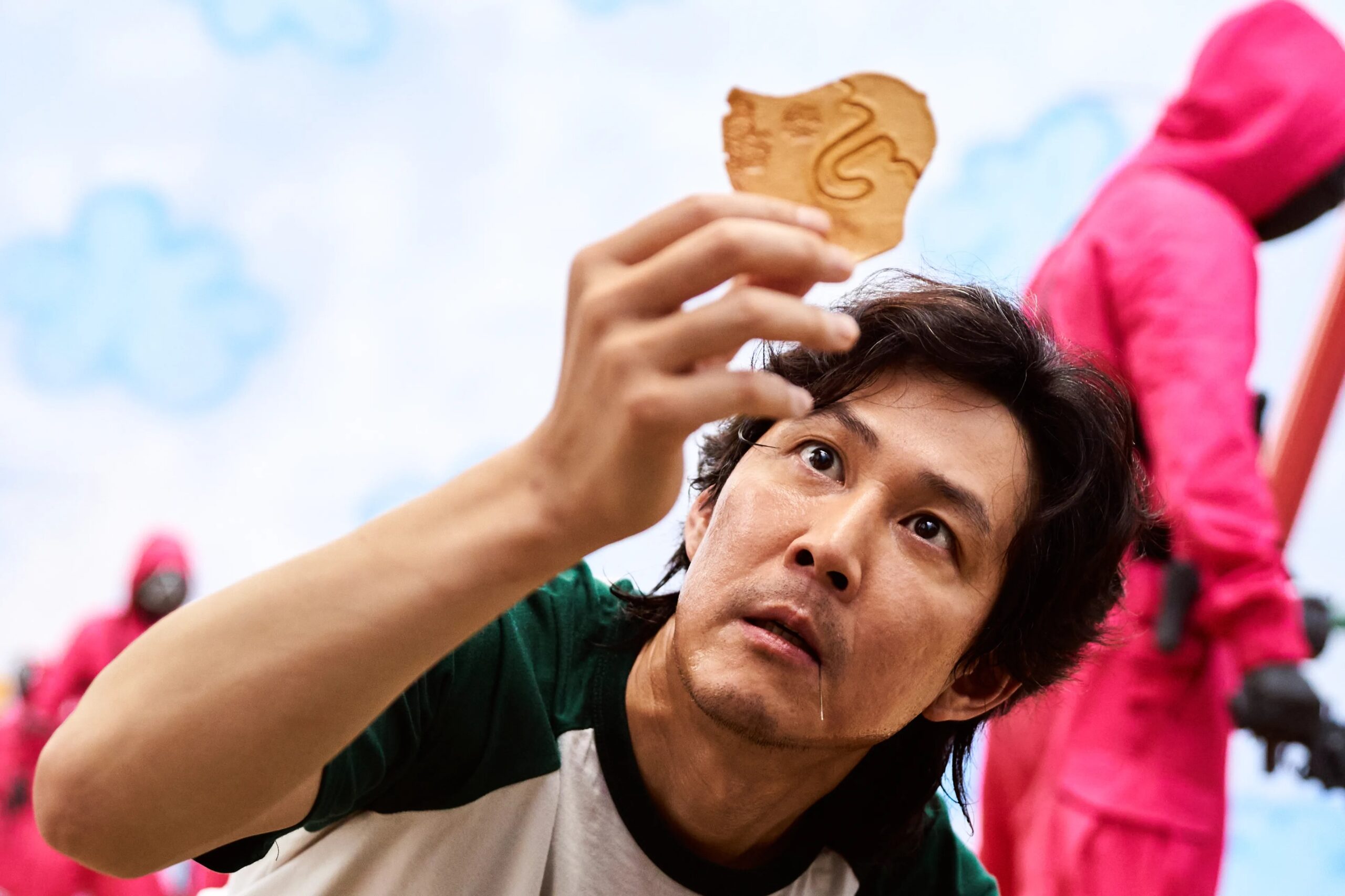Garden Slate Productions’ collective-bargaining pact with the Writers Guild of America East has pulled food stylists, culinary producers, culinary assistants and set PAs into full union coverage for the first time ever.
The three-year agreement—ratified unanimously on July 7, 2025—covers the 30-member crew behind Food Network’s long-running hit The Kitchen and cements “food stylists in WGA union deal” as more than a headline: it is now precedent.
Why This Union Deal Matters
“Food stylists in WGA union deal” signals a historic expansion of the guild’s jurisdiction. Until now, WGA East’s nonfiction contracts largely stopped at producers and associate producers.

Culinary creatives, whose plating tricks and camera-ready recipes make or break any cooking show, worked without minimums, overtime, or portable health benefits.
Their inclusion recognizes the reality that food television is as scripted and visually engineered as any other genre.
Inside the Contract
- Fair minimum rates and immediate raises for every covered position, with 2 percent increases in Years 2 and 3.
- Employer contributions to the Entertainment Industry Flex Plan beginning this fall, giving freelancers portable healthcare.
- Twelve paid holidays, up to five sick days, and three days of bereavement leave each year.
- First-refusal language guaranteeing that veterans of a prior season get priority hiring on the next—vital protection in gig-based unscripted TV.
“This deal confirms that our craft isn’t fringe; it’s core to the storytelling,” a food stylist who asked to remain anonymous told THR after the vote. “Food stylists in WGA union deal means job security we could never claim before.”
Industry Implications
Other nonfiction shops are watching closely. By writing “food stylists in WGA union deal” into black-letter contract language, Garden Slate and WGA East have kicked open the door for art departments, prop stylists and assistant art directors to organize on lifestyle programs across Discovery, Netflix and Hulu. The pact arrives as unions capitalize on last year’s 148-day writers’ strike, which re-energized rank-and-file labor campaigns throughout Hollywood.
$300-million cost-cutting drives at conglomerates such as Warner Music Group have sent ripples of anxiety through creative-class workers; union protections look more appealing than ever. Even streaming start-ups courting food content—TikTok Live Shopping, Amazon Live and YouTube Shorts—may need to budget for guild labor once “food stylists in WGA union deal” becomes a bargaining template.
A Broader Organizing Wave
The guild has notched similar wins this year at Story Syndicate and Vox Media Studios, but none grabbed headlines like food stylists in WGA union deal. For the WGA East, which now represents roughly 7,000 members, culinary craftspeople offer fresh dues revenue and a foothold in a booming, influencer-driven food-media economy.
The Kitchen in particular remains a ratings bulwark for Food Network, averaging more than one million U.S. linear viewers every Saturday. Bringing its crew under a union banner instantly raises wage floors for dozens of comparable shows in Scripps’ portfolio.
What Garden Slate Gets
Voluntary recognition in 2023 allowed management and labor to bypass a drawn-out National Labor Relations Board election.
Executives now pocket goodwill, a smoother hiring pipeline and a reputation as an “employer of choice”—a vital edge as production companies scramble for skilled culinary stylists amid record food-media output. “Food stylists in WGA union deal demonstrates that collaboration beats confrontation,” Garden Slate co-founder Samantha Bennett said in a statement.
The Road Ahead
With the ink barely dry, negotiators predict the phrase “food stylists in WGA union deal” will surface in the next round of talks at authenticity-oriented production houses such as Milk Street Studios and Tasty Co. Meanwhile, the WGA East is lobbying New York lawmakers to extend the state’s film-production tax credit to unscripted series—a move that would multiply budgets and, by extension, secure jobs created by this contract.
“We can’t build the next era of food TV on the backs of non-union labor,” WGAE President Lisa Takeuchi Cullen told reporters. “This agreement proves that every craft has a seat at the collective-bargaining table.”
As cameras roll on the upcoming season of The Kitchen, viewers will still see glossy stacks of pancakes and photogenic paellas. The difference is behind the scenes, where food stylists in WGA union deal now have wage scales, overtime protections and a clear path to health coverage—all baked into the recipe.









